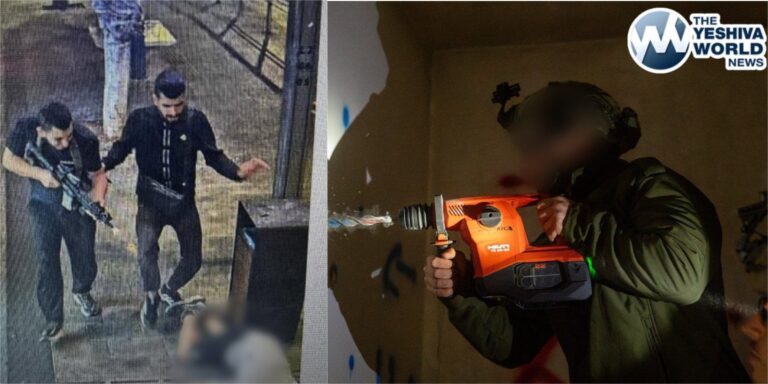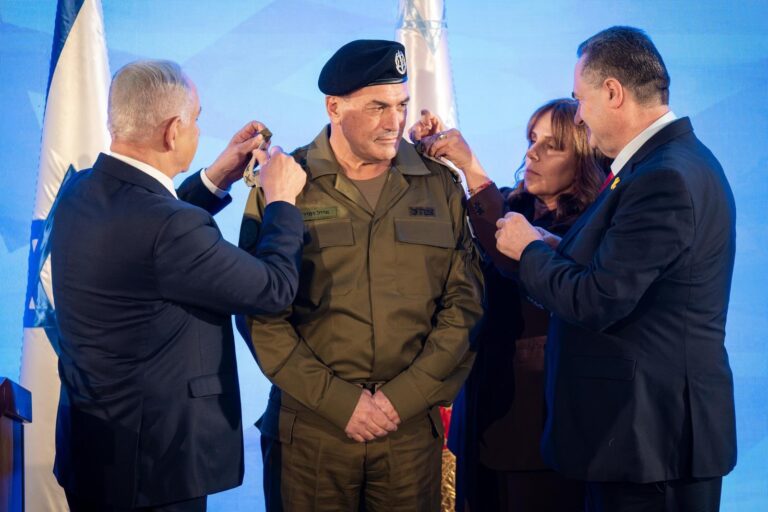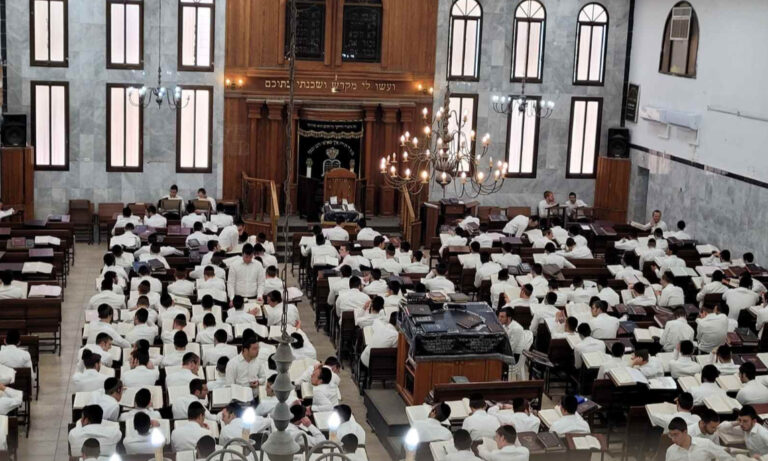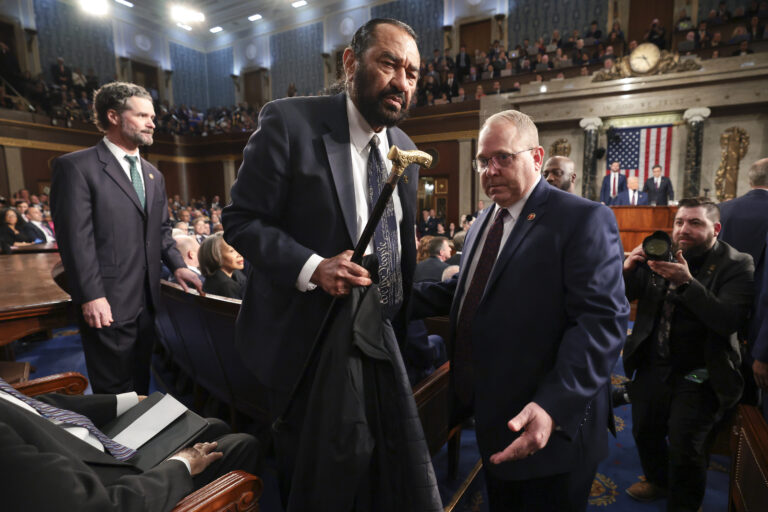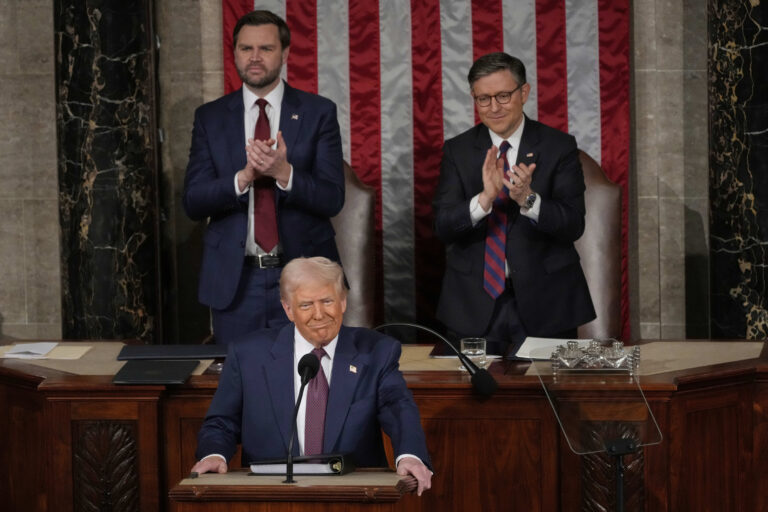 A pretrial hearing for five prisoners accused of plotting the September 11 attacks was halted on Monday so technicians could tinker with courtroom microphones to prevent eavesdropping on confidential attorney-client conversations.
A pretrial hearing for five prisoners accused of plotting the September 11 attacks was halted on Monday so technicians could tinker with courtroom microphones to prevent eavesdropping on confidential attorney-client conversations.
The war crimes court at the Guantanamo Bay U.S. Naval Base convened for a little over an hour and then recessed until Tuesday to address defense lawyers’ concerns that the courtroom microphones are sensitive enough to pick up conversations among themselves and with their clients.
“Under the rules of ethics you can’t have communications if you aren’t confident that they’re confidential,” said David Nevin, an attorney for the alleged mastermind of the hijacked plane plot, Khalid Sheikh Mohammed.
Defense lawyers said they had recently learned that even when their defense table microphones were turned off, other nearby microphones picked up enough sound for stenographers to hear their conversations and include them in the transcript.
Under trial rules, the prosecution is in charge of the transcripts. While no defense table conversations have appeared in the unofficial transcripts that are released to the public, defense attorney Cheryl Bormann, who represents defendant Walid bin Attash, said it was “incredibly disturbing” that they potentially could become part of the official record, which remains sealed.
The judge, Army Colonel James Pohl, halted the proceedings so that technicians could change the microphones. Instead of pushing a button to mute them, lawyers would have to push a button to activate them. The compromise, agreed to by all sides, was aimed at ensuring there are no live microphones capable of picking up the private conversations.
The microphones are a small part of a bigger issue that has stymied efforts to move forward in the case.
The defendants, who could face the death penalty if convicted of crimes that include murdering 2,976 people, were held and interrogated in secret CIA prisons for three or four years before they were sent to Guantanamo in 2006. All have claimed they were tortured.
Their lawyers want to know if the intelligence agencies are listening in on supposedly confidential conversations not only in the courtroom but also in the cells where they meet with their clients.
Prosecutors insist they are not. “No entity of the United States Government is listening, monitoring or recording communications between the five accused and their counsel at any location,” they said in court documents dated Feb. 7.
The judge has acknowledged that national security agencies are monitoring the hearings from outside the courtroom and said that should not be surprising. Defense lawyers contend that if those agents are hearing the same unfiltered audio feed as the stenographers, then the same people who captured and detained their clients could be listening in on defense table conversations.
Witnesses are scheduled to provide additional information on Tuesday about the high-tech courtroom audio system, which has 29 microphones, and about any listening capability in the cells where lawyers meet with the defendants.
(Reuters)



